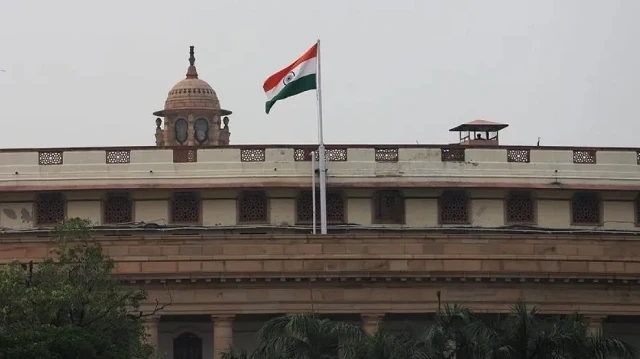
Waqf amendment bill, passed earlier this year in both houses of Indian parliament, triggered protest in several parts of the country
India’s Supreme Court on Monday stayed at least two key provisions of the Waqf act, governing Islamic charitable endowments, known as waqf, that had triggered protests in several parts of the country and a legal battle to overturn the "unjust legislation.”
The court issued an order on petitions challenging the Waqf Act changes, adopted earlier this year by the two houses of the parliament despite sharp resistance from opposition parties and Muslim groups.
A Supreme Court bench comprising Chief Justice of India BR Gavai and Justice Augustine George Masih refused to stall all changes made in the act but paused a few provisions of the act, including one that said "only those who are practising Islam for the last five years can create a waqf," the Press Trust of India reported.
They also stalled powers granted to the top district official (collector), who could decide on the Waqf properties.
Waqf properties, which Muslims donate for religious or charitable purposes, include mosques, graveyards, seminaries, orphanages, schools, markets, and large tracts of land throughout India.
The judges refused to stay the appointment of a non-Muslim as a chief executive officer of any Waqf. However, they said the number of non-Muslims in state waqf boards and central waqf councils cannot exceed three.
A detailed judgment from the top court is awaited.
Dozens of petitions were filed in the Supreme Court against the changes made in the waqf legislation.
Protests took place in several places against the changes, and a legal battle to overturn what they called "unjust legislation.”
At least three people were killed after the violence erupted in West Bengal state over the change in waqf laws.







